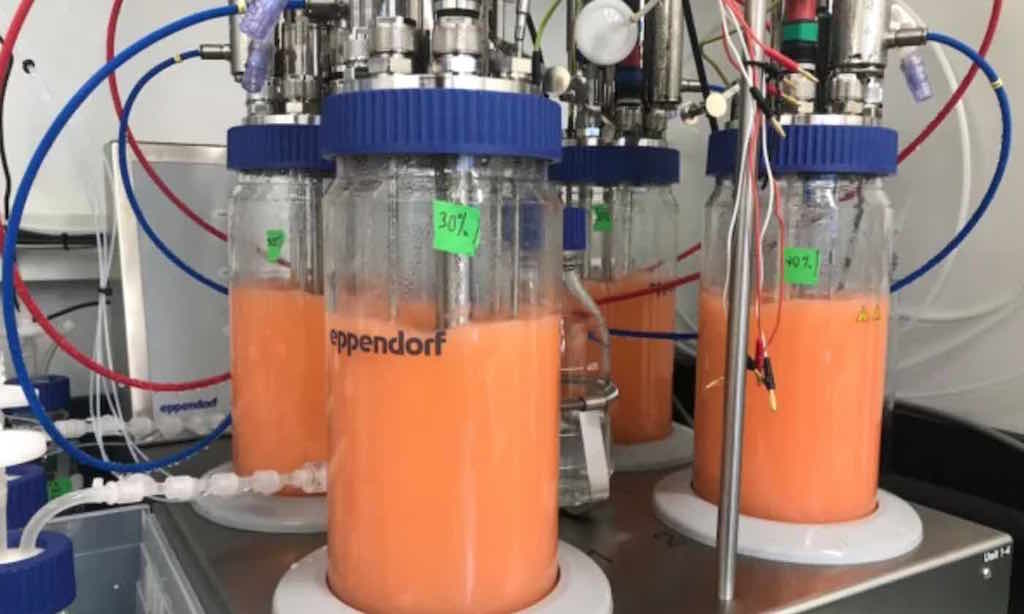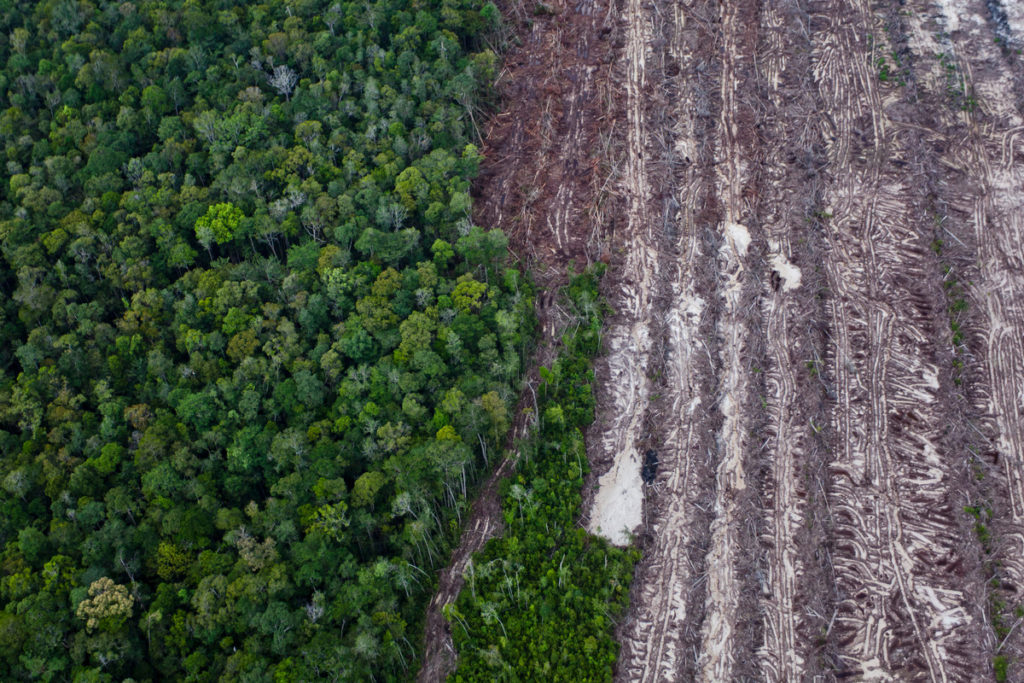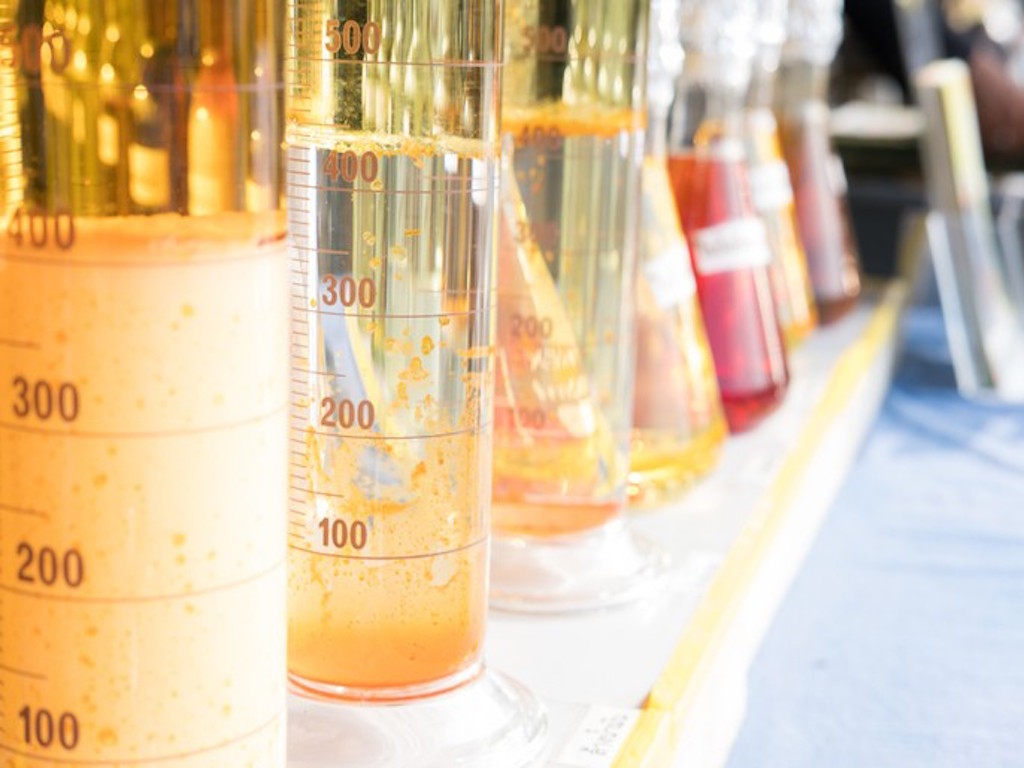Lab-Grown Oil? Bill Gates Invests In Deforestation-Free Palm Oil Startup C16 Biosciences
3 Mins Read
Microsoft billionaire Bill Gates has just invested in New York-based startup C16 Biosciences in a Series A funding round that attracted US$20 million in total. The startup uses bioreactors in their labs to grow an oil alternative that is nearly chemically and functionally identical to palm oil – a much less environmentally destructive process.
Founded in 2017, C16 Biosciences is a startup based in New York working to replace conventional palm oil production with its more sustainable lab-grown alternative, and has just closed a US$20 million Series A investment round led by Bill Gates. Using bioreactors in their labs, the startup has managed to produce an oil product that is chemically similar and functions almost identically to palm oil, but comes at a fraction of the environmental footprint. With the new capital, the startup hopes to scale up production to enter the commercial market as soon as possible through a number of personal care brands.
There’s a reason why palm oil is found in almost 50% of supermarket products across nearly every product category – it is efficient, versatile and is an incredibly useful ingredient to create everything from processed foods to personal care products. Today, 3 billion people across 150 countries use products containing palm oil – which is equivalent to an average of 8 kilograms of palm oil consumed by each person annually, making up a global industry worth US$61 billion.

Read: Yakult, Kikkoman & CK Hutchison among deforestation-linked companies in Asia
However, palm oil is a major driver of deforestation, which in turn contributes to the climate crisis. Producers, to meet demand, are pushed to burn down more forests to plant palm fruit trees to extract oil from – a process of mass deforestation that releases more greenhouse gases into the atmosphere while removing the living trees that can help absorb emissions. Not to mention, deforestation destroys the habitat that wildlife relies on, such as rhinos and orangutans. Much of this happens in Asia, with 90% of the world’s palm oil trees located in the rainforests of Indonesia and Malaysia.
Despite the fact that activism has led to stricter regulations over palm oil production and its association with deforestation in Southeast Asia, such as the Roundtable on Sustainable Palm Oil (RSPO), the region’s rainforests are still burning. In August last year, Indonesian rainforests were engulfed by wildfires deliberately set by palm plantation fires, which raged on for months and plunged the entire region into a severe haze, affecting as many as 30 million.

Read: Can we realistically boycott palm oil to end Indonesian deforestation?
By growing palm oil in their labs, C16 Biosciences hopes to be able to eliminate the need to destroy the remainder of the world’s precious rainforests to produce the globally-wanted commodity. “There has to be a better way. And we want to provide that solution,” said the startup’s CEO Shara Ticku in conversation with Fast Company.
Another startup, Kiverdi, is also working on creating a sustainable alternative to palm oil. The San Francisco-based company, founded in 2011, is currently using NASA technology to convert carbon dioxide into a number of sustainable food products, which includes a protein product suitable for fish feed and fertiliser in addition to palm oil.
Lead image courtesy of Getty Images.




